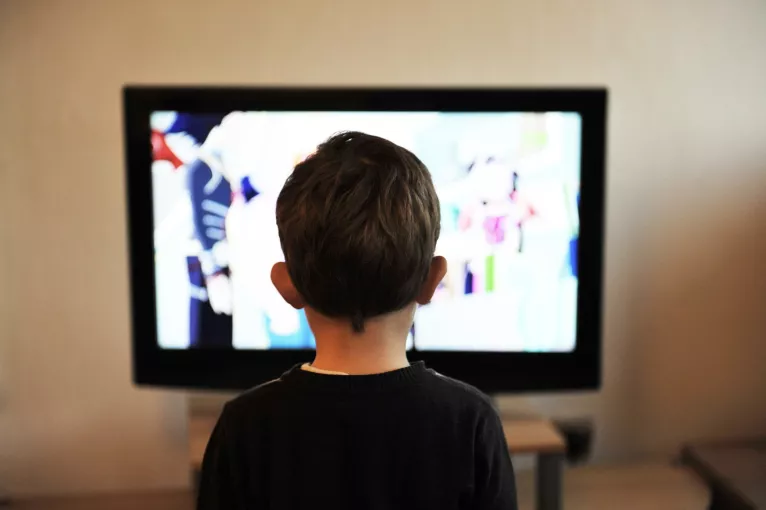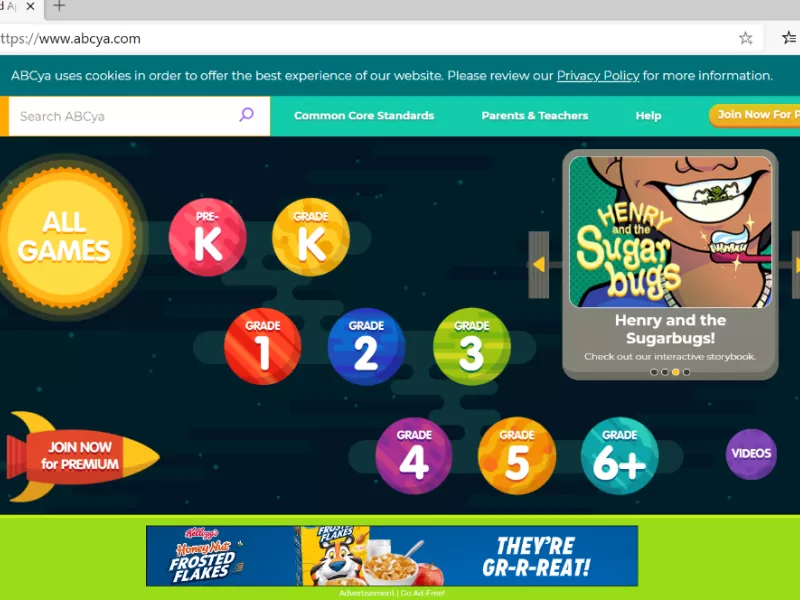
Take action
Join our action network
Get email updates with actions you can take to hold government agencies, Congress, and industry accountable.
How Companies Market to Children
Food marketing is ubiquitous and happens in places you would expect and places you would not expect. Companies market food to children through a variety of means:
- Apps/mobile devices
- Television
- Radio
- Internet
- Magazines
- Product placement
- Schools
- Product packages
- Toys
- Clothing
- And more...
In other words, companies will market food to kids almost anywhere a logo or product image can be shown.
Food companies use a number of tactics to get children interested in their products, which include:
- Spokes-characters
- Celebrities
- Cartoons
- Toy giveaways and other premiums
- Collectibles
- Games
- Contests
- Kids' Clubs
- And more...
Food marketing to children is largely unregulated in the United States. Various companies have signed on to industry-led pledges to limit advertising of unhealthy products to children. However, not every company has signed on to these voluntary pledges and the commitments have major loopholes which result in these programs falling short of fully protecting children from food marketing.
While industry could improve their commitments to better protect children, the US government should take action to limit food marketing to kids.

Learn more about digital food marketing to kids
The growth of online platforms and digital devices has led many food and beverage companies to invest increasingly in online advertisements. Innovative digital ad techniques, such as influencer marketing, on social media platforms are unlike traditional forms of advertisements on television and can be particularly hard for children to identify and understand. Many food and beverage advertisements online depict unhealthy food, and these ads can increase children's requests for and selection of unhealthy foods. Policymakers and advocates should work together to promote regulations that protect children from targeted food and beverage marketing.

Learn more about food marketing to kids
Food companies market their products to children in a variety of ways. Whether kids see food advertisements on television, in schools, or online, food marketing can impact their food preferences, choices, intake, and purchase requests. Unfortunately, much of the food marketing children are exposed to is for unhealthy food, like sugary drinks and fast food. The U.S. government must act in order to protect children of all ages from unhealthy food and beverage marketing.
Featured campaign: Ads on online learning platforms
During the COVID-19 pandemic, online learning platforms were increasingly visited and used by school children. In the summer of 2020, CSPI and others identified a number of ads for nutritionally poor foods on ABCya.com, an online learning platform used by children in kindergarten through sixth grade.

Letters to Food Companies
CSPI and a coalition of civil rights, child welfare, and health organizations sent letters to Kellogg, Kraft Heinz, McDonald's, and digital learning company IXL requesting an end to food marketing to kids on digital learning platforms.
Letters
Letter to USDA re: Food marketing to kids online
A coalition of organizations including CSPI requested USDA guidance clarifying that regulations on which foods can be marketed to kids in school apply to ads on online learning platforms.
Read letter
